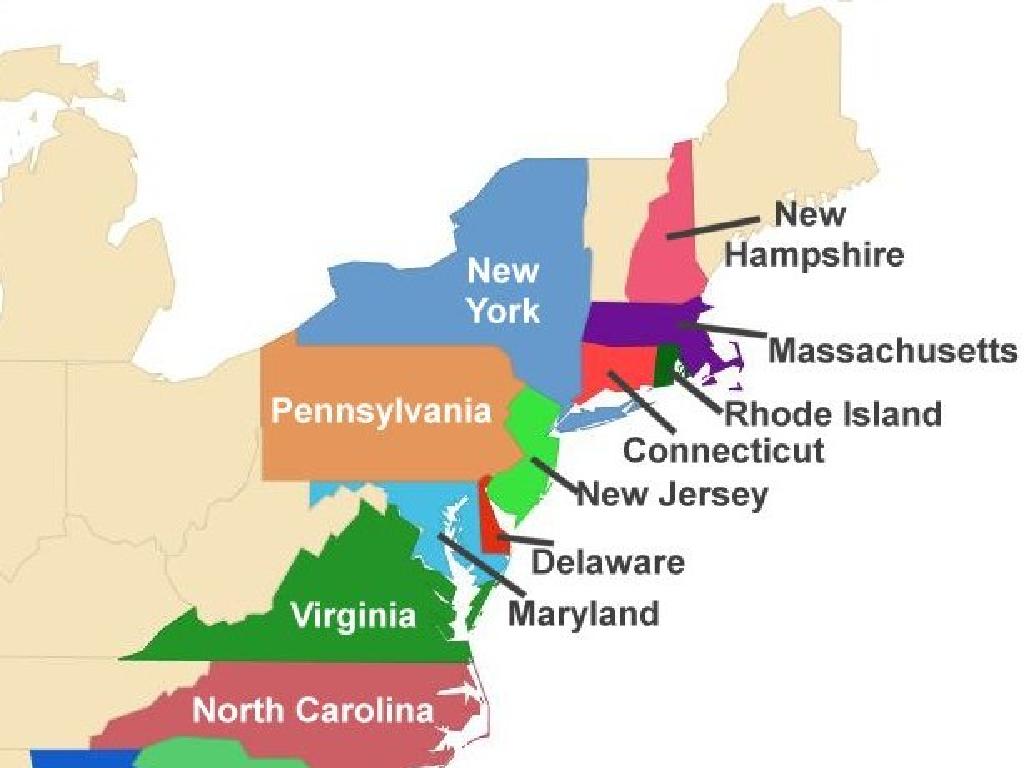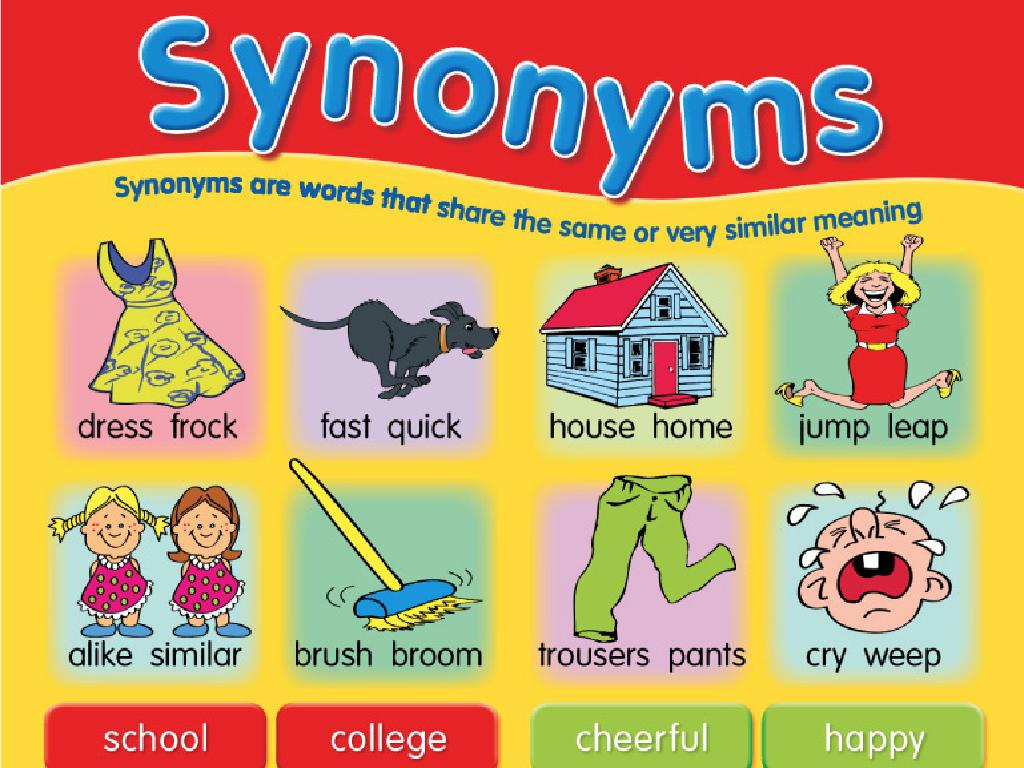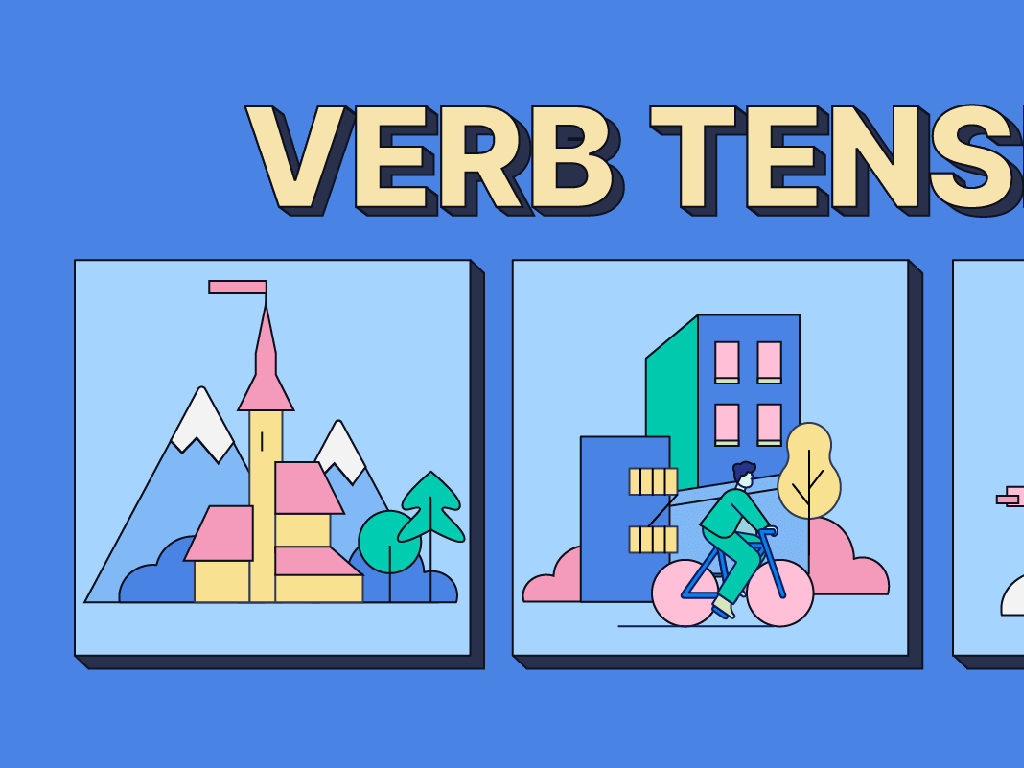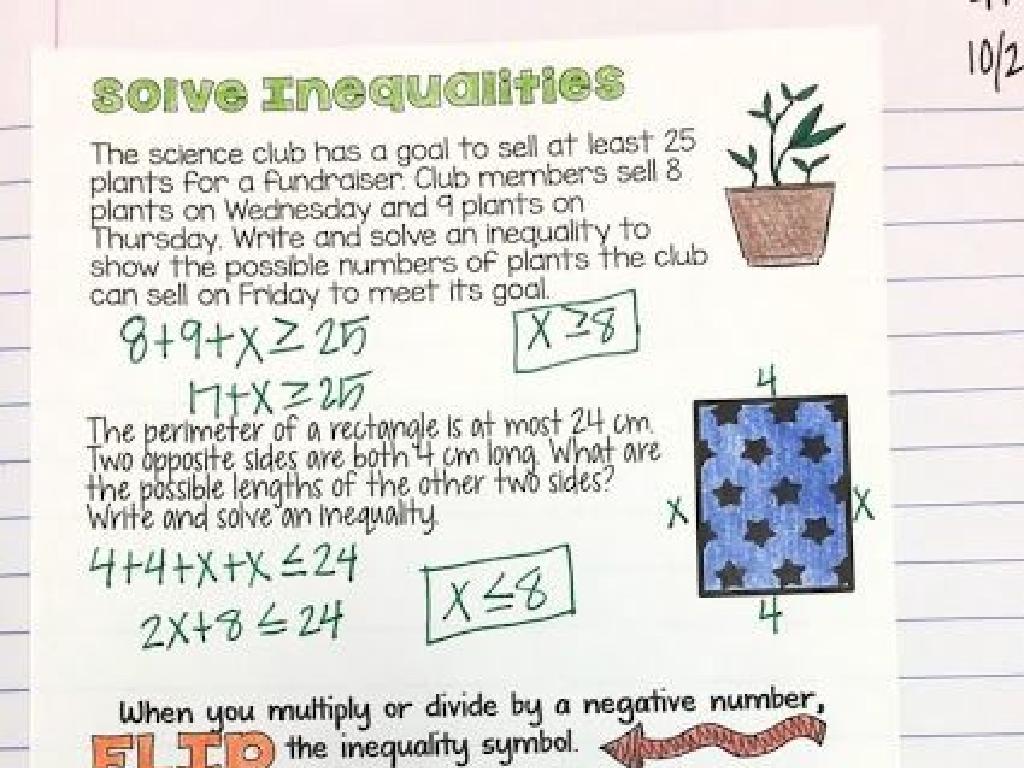1750 -1900 Enlightenment And Revolution
Subject: Arts and humanities
Grade: High school
Topic: World History
Please LOG IN to download the presentation. Access is available to registered users only.
View More Content
The Age of Enlightenment and Revolution
– Exploring the Enlightenment
– An intellectual movement emphasizing reason and individualism over tradition.
– Defining Revolution
– A fundamental change in political power or organizational structures.
– 1750-1900: A Historical Snapshot
– Key events: Industrial Revolution, American Revolution, French Revolution.
– Impact on Modern Society
– Enlightenment and revolutions shaped democracy, human rights, and sovereignty.
|
This slide introduces students to the transformative period of 1750-1900, known for the Enlightenment and numerous revolutions. The Enlightenment was a pivotal intellectual movement that prioritized reason, science, and individualism, challenging traditional authority and dogma. Revolutions during this time, including the American and French Revolutions, redefined political power and laid the foundations for modern democratic states. This era also witnessed the Industrial Revolution, which revolutionized production and society. The concepts and events of this period have profoundly influenced contemporary political and social structures, including the emphasis on human rights, the rule of law, and the sovereignty of the people. Encourage students to consider how these historical changes continue to affect our lives today.
The Age of Enlightenment: Shaping Modern Thought
– Defining the Enlightenment era
– An intellectual movement emphasizing reason, individualism, and skepticism of traditional doctrines.
– Philosophers: Voltaire, Rousseau, Montesquieu
– Voltaire championed civil liberties; Rousseau, social contract theory; Montesquieu, separation of powers.
– Enlightenment’s societal impact
– Shift towards scientific thinking, secularism, and human rights.
– Political changes inspired by Enlightenment
– Ideas led to democratic principles, challenging monarchies and sparking revolutions.
|
The Enlightenment was a pivotal period in history, promoting ideas that have profoundly influenced modern society and governance. It emphasized rational thought and questioned long-held beliefs, leading to advancements in science, philosophy, and human rights. Key figures like Voltaire advocated for freedom of speech and religion, Rousseau introduced the concept of the social contract, and Montesquieu proposed the separation of governmental powers, which became a foundation for modern democracy. The Enlightenment’s legacy is evident in the democratic institutions, constitutions, and legal systems that shape our world today. Encourage students to discuss how these ideas continue to influence current events and societal norms.
Revolutionary Movements: 1750-1900
– The American Revolution’s impact
– Marked the rise of democracy and influenced global politics
– Causes of the French Revolution
– Social inequality, financial crises, and Enlightenment ideas
– Outcomes of the French Revolution
– Establishment of a republic and the rise of Napoleon
– The Haitian fight for freedom
– First successful slave revolt leading to independence
|
This slide aims to encapsulate the essence of the revolutionary movements between 1750 and 1900, highlighting the American, French, and Haitian Revolutions. The American Revolution was a pivotal event that not only led to the formation of a new nation but also had a profound influence on the global understanding of democracy and governance. The French Revolution, sparked by a combination of social, economic, and intellectual factors, resulted in significant political upheaval and the eventual rise of Napoleon Bonaparte. The Haitian Revolution stands out as a monumental struggle for freedom and human rights, marking the world’s first successful slave-led bid for independence. Students should grasp the interconnectedness of these events and their lasting impact on the world stage. Encourage them to consider the broader implications of these revolutions on modern political thought and social justice movements.
The Industrial Revolution: A New Era
– Shift from agrarian to industrial
– Transition led to urbanization and new job sectors
– Impact of technological innovations
– Inventions like the steam engine revolutionized production
– Social changes during industrialization
– Class dynamics shifted, with new social mobility and challenges
– Rise of the working class
– Workers organized for rights, leading to labor unions
|
This slide aims to encapsulate the essence of the Industrial Revolution, a pivotal era between 1750 and 1900 that transformed societies from farm-based to industrial powerhouses. Emphasize the drastic shift from rural to urban living and the creation of new industries and job opportunities. Highlight key technological advancements such as the steam engine and their profound effects on manufacturing and transportation. Discuss the resulting social changes, including the emergence of a distinct working class and the subsequent socio-economic implications. The rise of the working class also led to the formation of labor unions and the fight for workers’ rights, setting the stage for modern labor laws and practices. Encourage students to consider how these historical changes continue to influence our lives today.
Cultural Shifts: Art Reflecting Change
– Romanticism: Emotion in art
– Focus on nature, emotion, and imagination over reason.
– Individualism in Romanticism
– Celebrated personal freedom and the unique qualities of individuals.
– Realism: Everyday life in art
– Realist artists depicted ordinary people and true-to-life situations.
– Art as a mirror of the era
– Artworks from this period show the impact of industrialization and social change.
|
This slide explores the cultural shifts in art during the period of 1750-1900, highlighting Romanticism and Realism. Romanticism was a reaction against the Industrial Revolution and Enlightenment’s focus on reason, emphasizing emotion, nature, and individualism. Realism emerged as a portrayal of everyday life, a contrast to the idealized subjects of previous art movements. Students should understand how these movements reflect the broader changes of the time, including industrialization, urbanization, and the rise of the middle class. Encourage students to think about how art can be influenced by and reflect societal changes, and how these movements might have been a response to the revolutions of the period.
Class Activity: Enlightenment Salon
– Recreate an Enlightenment salon
– Role-play as Enlightenment thinkers
– Assume the identities of Voltaire, Rousseau, etc., discussing philosophy and democracy
– Engage in a topical debate
– Choose a topic like ‘The Right to Freedom’ and argue for or against it
– Reflect on the impact of discussions
– How might these debates have influenced revolutionary movements?
|
This activity aims to immerse students in the historical context of the Enlightenment by simulating a salon, a social gathering where intellectuals debated ideas that shaped the modern world. Students will take on the roles of figures like Voltaire, Rousseau, or Wollstonecraft, discussing and debating key topics such as freedom, equality, and governance. Provide a list of topics and a brief background on each figure to help students prepare. Possible debate topics include the separation of powers, women’s rights, and the social contract. Encourage students to use persuasive language and rhetoric reflective of the era. After the debate, lead a discussion on how these salons contributed to the spread of revolutionary ideas and the eventual societal changes that followed.
Enlightenment and Revolution: Modern Influence
– Enlightenment’s lasting impact
Ideas like democracy and human rights shape current governance.
– Industrialization’s mixed legacy
Pros: Technological progress, economic growth. Cons: Environmental damage, social disparity.
– Cultural shifts and today’s society
Shifts in art, literature, and philosophy continue to influence modern culture.
– Class discussion and reflection
|
This slide aims to spark a reflective discussion among students about the enduring effects of the Enlightenment and Revolution on contemporary life. Encourage students to consider how Enlightenment principles underpin many modern political systems and societal values, particularly the emphasis on reason, individualism, and human rights. Discuss the dual nature of industrialization, acknowledging the advancements it brought but also the challenges, such as environmental concerns and social inequalities. Prompt students to explore how cultural changes from that era, such as Romanticism in art and literature, still resonate today. Facilitate a class discussion where students can express their thoughts and draw connections between historical events and current issues.
Homework: Enlightenment and Revolution Insights
– Essay on an Enlightenment thinker
– Choose a thinker, explore their ideas and influence on society.
– Timeline of a chosen revolution
– Select a revolution, chart key events and dates.
– Presentation on Industrial Revolution impact
– Analyze how the Industrial Revolution changed economies and societies.
|
This homework assignment is designed to deepen students’ understanding of the Enlightenment and various revolutions between 1750-1900. For the essay, students should select an Enlightenment thinker they admire and discuss their philosophies and contributions. The timeline should include major events and figures of a specific revolution, helping students visualize the sequence and cause-effect relationships. The presentation should focus on the widespread changes brought by the Industrial Revolution, including social, economic, and technological transformations. Encourage students to use critical thinking to connect historical events to modern-day implications. Provide resources such as biographies, historical documents, and scholarly articles to support their research.






